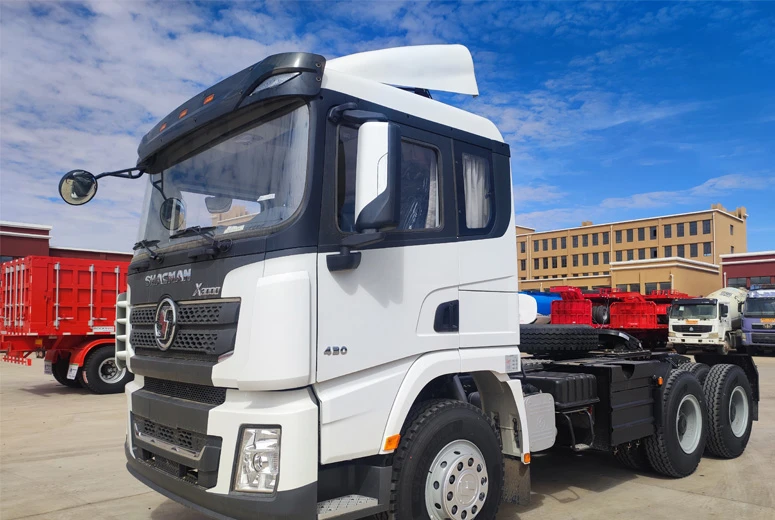cartridge fuse types
Understanding Cartridge Fuse Types A Comprehensive Guide
Fuses are integral safety devices used in electrical circuits to prevent overloads and short circuits. Among the various fuse types available, cartridge fuses are commonly used due to their versatility and reliability. This article delves into the different types of cartridge fuses, their applications, and how to select the right one for your needs.
What is a Cartridge Fuse?
A cartridge fuse is a type of fuse that consists of a cylindrical body made of insulating material, with a fuse element housed within it. When excessive current flows through the fuse, the fuse element melts, interrupting the flow of electricity and protecting the circuit from damage. Cartridge fuses come in various sizes and ratings, making them suitable for a wide range of applications.
Types of Cartridge Fuses
Cartridge fuses can be categorized based on various factors, such as construction, material, and applications. The following are some of the most common types of cartridge fuses
1. Current-Limiting Fuses These fuses are designed to limit the amount of fault current that can pass through them. By doing so, they help protect downstream equipment from damage. Current-limiting fuses are often used in high-voltage applications, such as transformers and motor circuits.
2. Non-Current-Limiting Fuses Unlike current-limiting fuses, non-current-limiting fuses do not restrict the fault current. They are simpler in design and are typically used in low-voltage applications, such as lighting circuits and small appliances.
3. Fast-Blow Fuses Fast-blow fuses are designed to blow quickly in response to overcurrent conditions. They are ideal for protecting sensitive electronic components that cannot tolerate even brief overcurrent situations.
4. Slow-Blow Fuses Slow-blow fuses, also known as time-delay fuses, are designed to withstand brief surges of current without blowing. This characteristic makes them suitable for applications with inrush currents, such as electric motors and power transformers.
5. Ceramic Fuses These fuses are made of a ceramic material that offers high melting point and resistance to thermal shock. Ceramic cartridge fuses are often used in high-temperature environments and can handle higher voltage ratings.
cartridge fuse types

6. Glass Fuses Glass cartridge fuses are typically used in lower-current applications. Their transparent design allows for easy visual inspection to determine if a fuse has blown, making them user-friendly and convenient.
Factors to Consider When Choosing Cartridge Fuses
When selecting the appropriate cartridge fuse for a specific application, several factors should be considered
1. Voltage Rating Ensure the fuse can handle the voltage level in the circuit. Exceeding the rated voltage can lead to fuse failure and potential hazards.
2. Current Rating The current rating should match or exceed the normal operating current of the circuit. It is crucial to choose a fuse with an appropriate rating to avoid nuisance blowing while ensuring adequate protection.
3. Type of Load Consider whether the load is resistive (like heaters) or inductive (like motors). Inductive loads may require time-delay fuses to accommodate inrush currents.
4. Environmental Conditions Assess the operating environment where the fuse will be installed. Factors like temperature, humidity, and exposure to chemicals should influence your choice of fuse material and type.
5. Breaking Capacity This refers to the maximum fault current the fuse can safely interrupt without exploding or causing damage. Ensure that the chosen fuse can handle potential fault currents in the application.
Conclusion
Cartridge fuses play a critical role in protecting electrical circuits and equipment from damage caused by overcurrent conditions. Understanding the different types of cartridge fuses and their applications is vital for selecting the right fuse for your needs. By considering factors such as voltage and current ratings, load types, and environmental conditions, you can ensure the safety and reliability of your electrical systems. Proper selection and installation of cartridge fuses not only safeguard your equipment but also contribute to the overall safety of your electrical installations.
-
Hybrid Coach Bus for Sale Eco-Friendly Hybrid Bus & Coach SolutionsNewsJun.10,2025
-
High-Efficiency Concrete Mixer Machine Diesel Engine – Affordable Price & DurableNewsJun.10,2025
-
High-Precision Transmission Pressure Gauge for Accurate MonitoringNewsJun.10,2025
-
High-Quality Hobby Farm Machinery & Tractors Reliable Implements for Small FarmsNewsJun.10,2025
-
Affordable Light Duty Box Truck Used for Sale Reliable & Efficient TransportNewsJun.10,2025
-
315/70R17 Tire Size in Inches Accurate Conversion GuideNewsJun.09,2025
Popular products

























